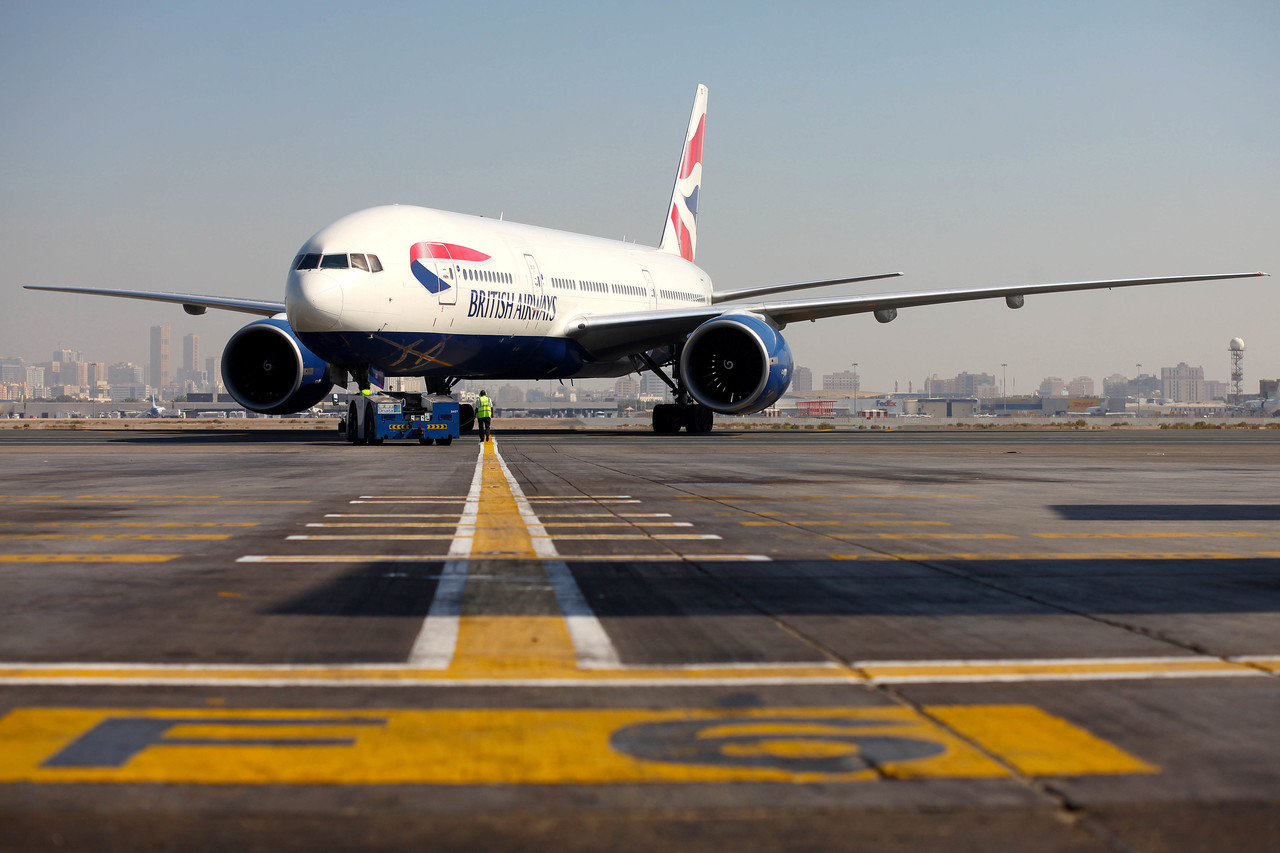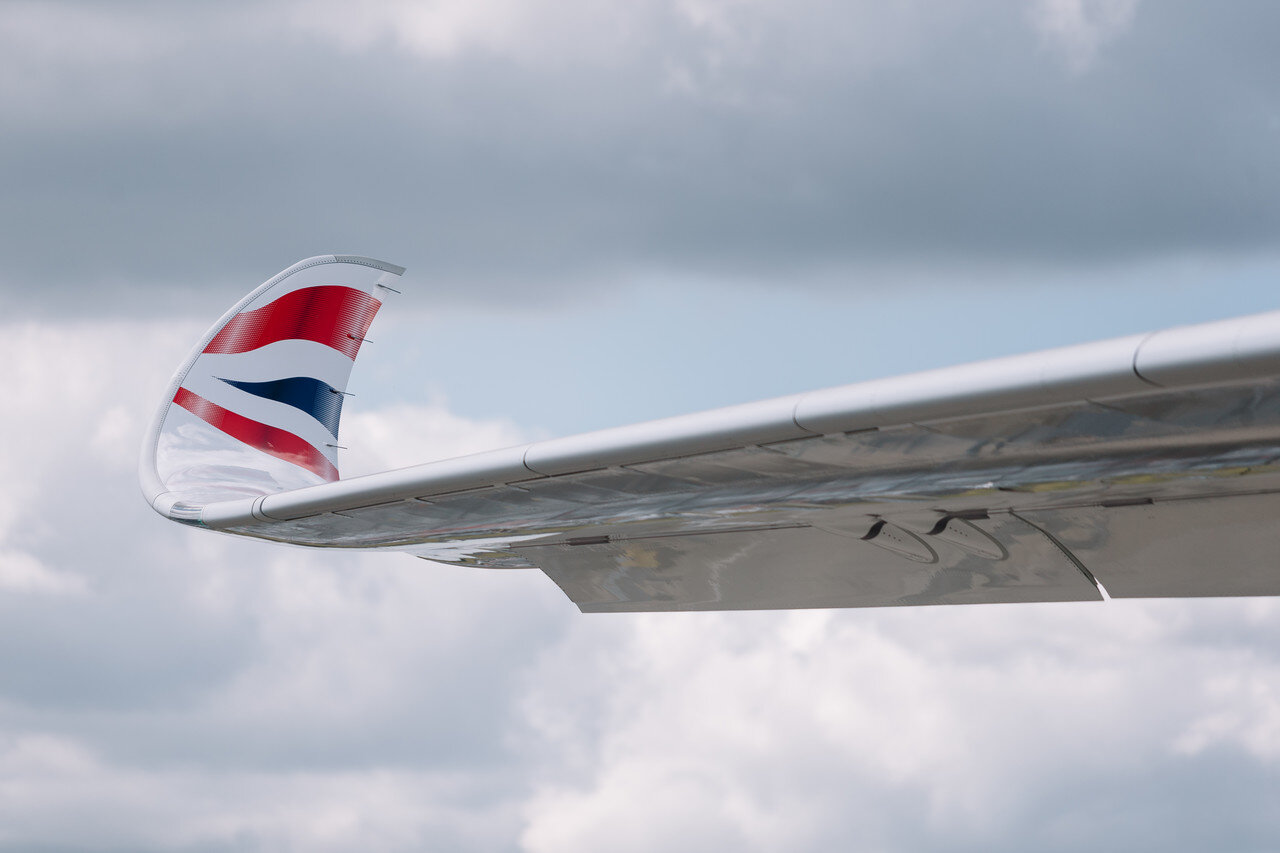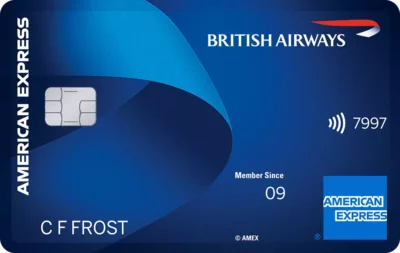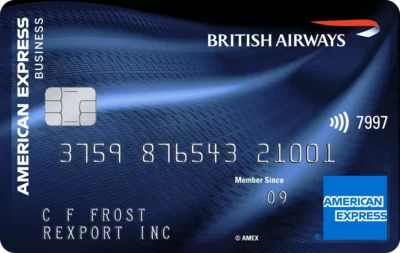British Airways facing enforcement action by the Competition & Markets Authority over refunds
Links on Head for Points may support the site by paying a commission. See here for all partner links.
The Competition & Markets Authority has launched separate enforcement actions against British Airways and Ryanair over their treatment of passengers requesting flight refunds.
The enforcement action follows an initial investigation into the entire airline sector which the CMA launched in December 2020.
The enforcement action covers a very specific period – those weeks where travel outside the UK was blocked except for ‘essential reasons’ such as taking your family to Dubai to look at an apartment you might want to buy ….

British Airways has refused to issue refunds to passengers who had booked to travel over this period if their flight was operating. All passengers have been provided with a Future Travel Voucher to the value of their booking.
Andrea Coscelli, Chief Executive of the CMA, said:
“While we understand that airlines have had a tough time during the pandemic, people should not be left unfairly out of pocket for following the law.
“Customers booked these flights in good faith and were legally unable to take them due to circumstances entirely outside of their control. We believe these people should have been offered their money back.“
Contractually, the CMA is likely to focus on ‘frustration’. This is a legal term which allows a contract to be set aside if circumstances arise which mean that it is not possible for one party to fufill its duties. If your contract with BA is declared null and void, you would be due a full cash refund.
Is this fair comment?
You can, of course, see this both ways.
From BA’s point of view:
- the flight was operating
- BA was willing to carry the passenger if they chose to travel
- the passenger should have had travel insurance
- there are no other circumstances in which an airline is liable to provide a cash refund if a passenger is legally unable to travel, eg arrives at the airport with an incorrect visa, or is on bail

There is, however, a second issue here. At some point, British Airways has to announce whether it intends to expire unused Future Travel Vouchers in April 2023 or redeem them for cash.
The European Commission has issued guidance recommending that airlines automatically refund any unused vouchers 14 days after they expire. British Airways is no longer covered by this guidance, and in any event it was not legally enforceable.
If British Airways intends to redeem unused Future Travel Vouchers for cash, it would have no case to answer here. It arguably acted legally by not issuing refunds and passengers who are complaining about not being refunded in cash can simply sit it out until April 2023.
British Airways appears intent on fighting the enforcement action, saying:
“During this unprecedented crisis we have issued well over three million refunds and helped millions of our customers change their travel dates or destinations.
“We’re grateful to them for their ongoing support. We continue to offer highly flexible booking policies at the same time as operating a vastly reduced schedule due to government-imposed travel restrictions, and we have acted lawfully at all times.
“It is incredible that the government is seeking to punish further an industry that is on its knees, after prohibiting airlines from meaningful flying for well over a year now.
“Any action taken against our industry will only serve to destabilise it, with potential consequences for jobs, business, connectivity and the UK economy.”
This could imply that it is hoping to let unused Future Travel Vouchers expire.
It is important to note that the CMA does not have the power to issues fines. Any action taken against the airline would require the CMA to launch a case in the courts.
You can find out more on the CMA website here.

How to earn Avios from UK credit cards (April 2024)
As a reminder, there are various ways of earning Avios points from UK credit cards. Many cards also have generous sign-up bonuses!
In February 2022, Barclaycard launched two exciting new Barclaycard Avios Mastercard cards with a bonus of up to 25,000 Avios. You can apply here.
You qualify for the bonus on these cards even if you have a British Airways American Express card:

Barclaycard Avios Plus Mastercard
Get 25,000 Avios for signing up and an upgrade voucher at £10,000 Read our full review

Barclaycard Avios Mastercard
5,000 Avios for signing up and an upgrade voucher at £20,000 Read our full review
There are two official British Airways American Express cards with attractive sign-up bonuses:

British Airways American Express Premium Plus
25,000 Avios and the famous annual 2-4-1 voucher Read our full review

British Airways American Express
5,000 Avios for signing up and an Economy 2-4-1 voucher for spending £15,000 Read our full review
You can also get generous sign-up bonuses by applying for American Express cards which earn Membership Rewards points. These points convert at 1:1 into Avios.

American Express Preferred Rewards Gold
Your best beginner’s card – 20,000 points, FREE for a year & four airport lounge passes Read our full review

The Platinum Card from American Express
40,000 bonus points and a huge range of valuable benefits – for a fee Read our full review
Run your own business?
We recommend Capital on Tap for limited companies. You earn 1 Avios per £1 which is impressive for a Visa card, along with a sign-up bonus worth 10,500 Avios.
SPECIAL OFFER: Until 12th May 2024, the Capital on Tap Business Rewards Visa card is offering a bonus of 30,000 points, convertible into 30,000 Avios. You must have a Limited Company to apply. Click here to learn more and click here to apply.

Capital on Tap Business Rewards Visa
Huge 30,000 points bonus until 12th May 2024 Read our full review
You should also consider the British Airways Accelerating Business credit card. This is open to sole traders as well as limited companies and has a 30,000 Avios sign-up bonus.

British Airways Accelerating Business American Express
30,000 Avios sign-up bonus – plus annual bonuses of up to 30,000 Avios Read our full review
There are also generous bonuses on the two American Express Business cards, with the points converting at 1:1 into Avios. These cards are open to sole traders as well as limited companies.

American Express Business Platinum
40,000 points sign-up bonus and an annual £200 Amex Travel credit Read our full review

American Express Business Gold
20,000 points sign-up bonus and FREE for a year Read our full review
Click here to read our detailed summary of all UK credit cards which earn Avios. This includes both personal and small business cards.









Comments (71)